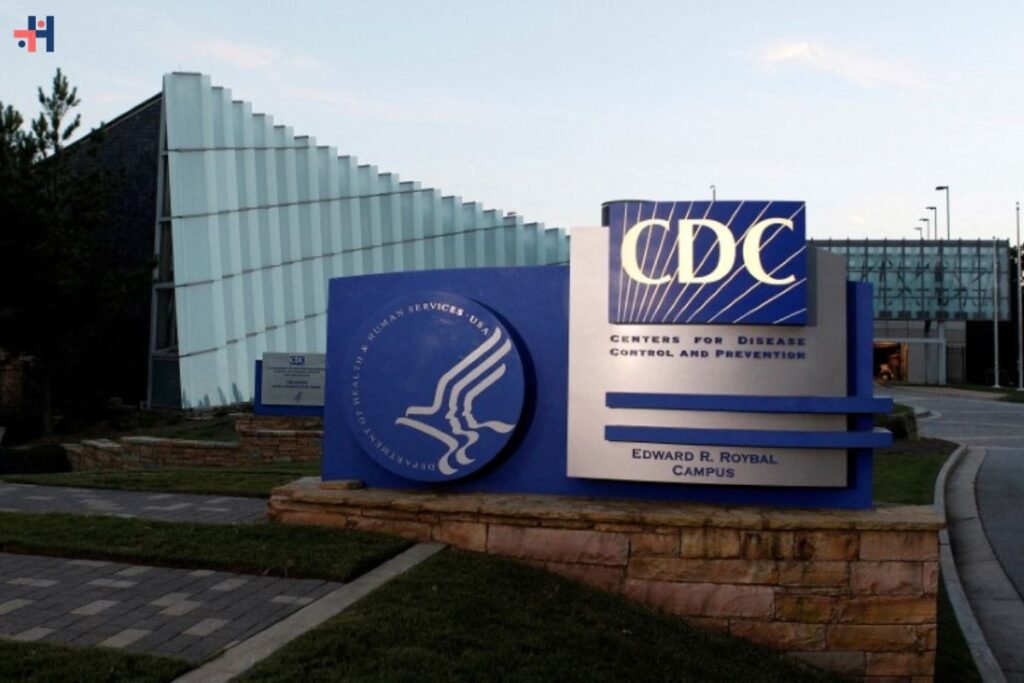Health authorities in the United States are raising concerns about a surge in rare and severe meningococcal infections, urging healthcare providers to remain vigilant for atypical symptoms indicative of this potential Neisseria meningitidis bacteria.
Unusual Symptoms Prompt Heightened Alert
The US Centers for Disease Control and Prevention (CDC) issued a new health alert highlighting the emergence of certain strains of Neisseria meningitidis bacteria associated with unique symptom presentations. Notably, cases reported thus far in 2024 have exhibited a heightened fatality rate, with approximately one in six individuals succumbing to the infection, a concerning trend compared to typical meningococcal infection rates.
Unprecedented Affliction among Middle-Aged Adults
Adding to the anomaly, these infections are disproportionately affecting middle-aged adults, a demographic less commonly associated with meningitis. Traditionally, meningococcal infections primarily afflict infants, adolescents, and young adults, making the current trend particularly noteworthy.
Prevalence and Origin of Meningococcal Disease
Meningococcal disease encompasses a spectrum of illnesses stemming from Neisseria meningitidis bacteria, including meningitis and septicemia, a severe bloodstream infection. Transmission occurs through respiratory and throat secretions, commonly via close contact, coughing, sneezing, or intimate interactions such as kissing.
Rising Incidence and Subtypes
The CDC reports a notable increase in cases caused by various meningococcal subtypes in recent years, with the most prominent being strain ST-1466 from the Y subgroup. In 2023 alone, 422 cases were reported in the United States, marking the highest incidence since 2014. Alarmingly, 2024 is on track to surpass this figure, with 143 reported cases thus far, representing a nearly 80% surge compared to the same period in the previous year.
Demographic Distribution and Risk Factors
Individuals aged 30 to 60 comprise the majority of reported cases, with a disproportionate representation among Black individuals and those living with HIV, accounting for 63% and 15% of cases, respectively.
Atypical Symptoms and Urgency of Treatment for Neisseria Meningitidis Bacteria
While classical meningitis symptoms such as fever, headache, and neck stiffness may not manifest in all cases, individuals may exhibit symptoms of bloodstream infections or infected joints. The rapid progression of symptoms underscores the urgency of immediate antibiotic treatment, as delays can lead to life-threatening complications.
Vaccination and Preventative Measures
Vaccination remains a crucial tool in preventing bacterial meningitis, particularly among adolescents and individuals with compromised immune systems. The CDC recommends routine vaccination at ages 11 to 12, with booster doses administered at age 16 and periodic boosts every 3 to 5 years for vulnerable populations.
Heightened Awareness and Timely Intervention
As the incidence of rare meningococcal infections continues to rise, heightened vigilance among healthcare providers and prompt recognition of symptoms are paramount in mitigating the impact of this potentially devastating disease. Immediate medical intervention, coupled with comprehensive vaccination efforts, is essential in safeguarding public health against the evolving threat posed by meningococcal bacteria.









